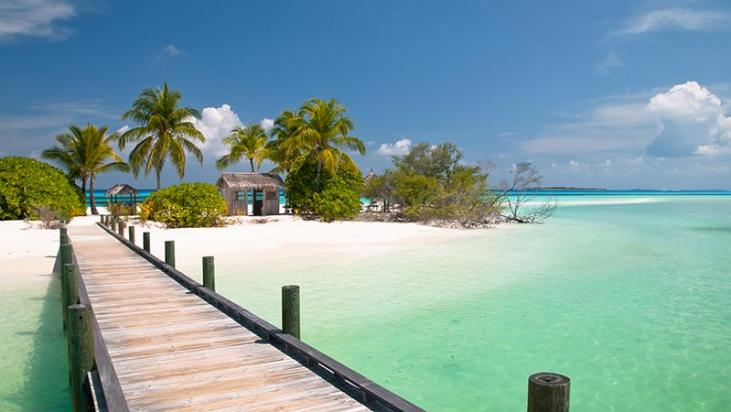The Investigative Consortium of Investigative Journalists (ICIJ) has released a new batch of offshore files, quickly dubbed the #BahamasLeaks.
Listed in the details of the “more than 175,000 Bahamian companies registered between 1990 and 2016” made available by ICIJ, Süddeutsche Zeitung and other media partners on “one of the largest free, online and publicly-searchable databases of offshore companies set up in the Bahamas,” are the name of former EU official Neelie Kroes (Dutch, “World’s 100 Most Powerful Women”), Colombia’s Minister of Mines and Energy between 1999 and 2001, Carlos Caballero Argáez, UK Home Secretary Amber Rudd, and several members of the Argentinian ruling family Macri, whose “passion for offshore” is addressed by GATJ’s Latin American network Red de Justicia Fiscal.
“The leaked Bahamian files reveal details of the offshore activities of prime ministers, cabinet ministers, princes and convicted felons. It is generally not illegal to own or direct an offshore company, and there are legitimate business reasons in many cases for setting up an offshore structure. But transparency experts say it’s important that public officials disclose their connections to offshore entities, “states ICIJ in its initial article.
The Guardian also relays ICIJ’s director Gerard Ryle words: “We believe this kind of basic information, the names of people who are linked to what companies, is something that should be openly available – just as the former prime minister David Cameron himself once indicated. We are publishing this information as a public service.
As public registers of beneficial ownership are right now being debated in the EU (as a result of Panama Papers), Eurodad’s Tove Maria Ryding and Chair of the Global Alliance for Tax Justice Campaign Committee links crucial points about Beneficial Ownership and Automatic Information Exchange:
“Earlier this year, the Panama Papers revealed the enormous web of secret company ownership that has helped the rich to hide their business dealings and often avoid taxes. And today we got another peek into the dark underworld of the global financial system. What countries need to do is to introduce public registers showing who owns companies and trusts in their countries.”
Ryding adds, “The EU is actually considering whether to put an end to secret companies and trusts, but they still haven’t reached an agreement. Today, we got yet another reminder of why this is so important.”
Eurodad urges the leaders of countries across the world to:
– Introduce public registries of beneficial owners of companies and similar legal structures.
– Commit to automatically exchange financial account information, ensuring that all countries – including the world’s poorest – can receive the information needed to stop tax dodging.
– Take serious steps to address the banks and lawyers that are a key part of the international offshore industry.
Read Eurodad’s full position here.
IGATJ’s North American network member the FACT Coalition (Financial Accountability and Corporate Transparency) also reacted, affirming that the “Bahamas Leaks are further evidence for ending anonymous shell companies following “Panama Papers”. You can read the full statement here.
GATJ member Canadians for Tax Fairness highlights that “There is a powerful Bahamian connection in the mess that is Canada’s offshore tax haven epidemic.” Canadian media report that three of Canada’s top banks have enabled the formation of nearly 2,000 offshore companies and private foundations in the Bahamas.
See also Tax Justice Network’s blog post on the Bahama Leaks here, stating “these latest leaks demonstrate the need for all nations to move ahead not only with full public registers of beneficial ownership of companies, but also foundations and trusts. It is unacceptable that the offshore industry continues to peddle secrecy to the wealthy and powerful that is at such great cost to societies around the world. The Bahamas has been a concern for many years according to the Tax Justice Network’s Financial Secrecy Index.”
You can search the database at offshoreleaks.icij.org.
Note: It takes extraordinary resources over a sustained period of time to conduct an investigation of this magnitude. Your support of ICIJ is a critical part of its success. You can contribute to the ICIJ here.
